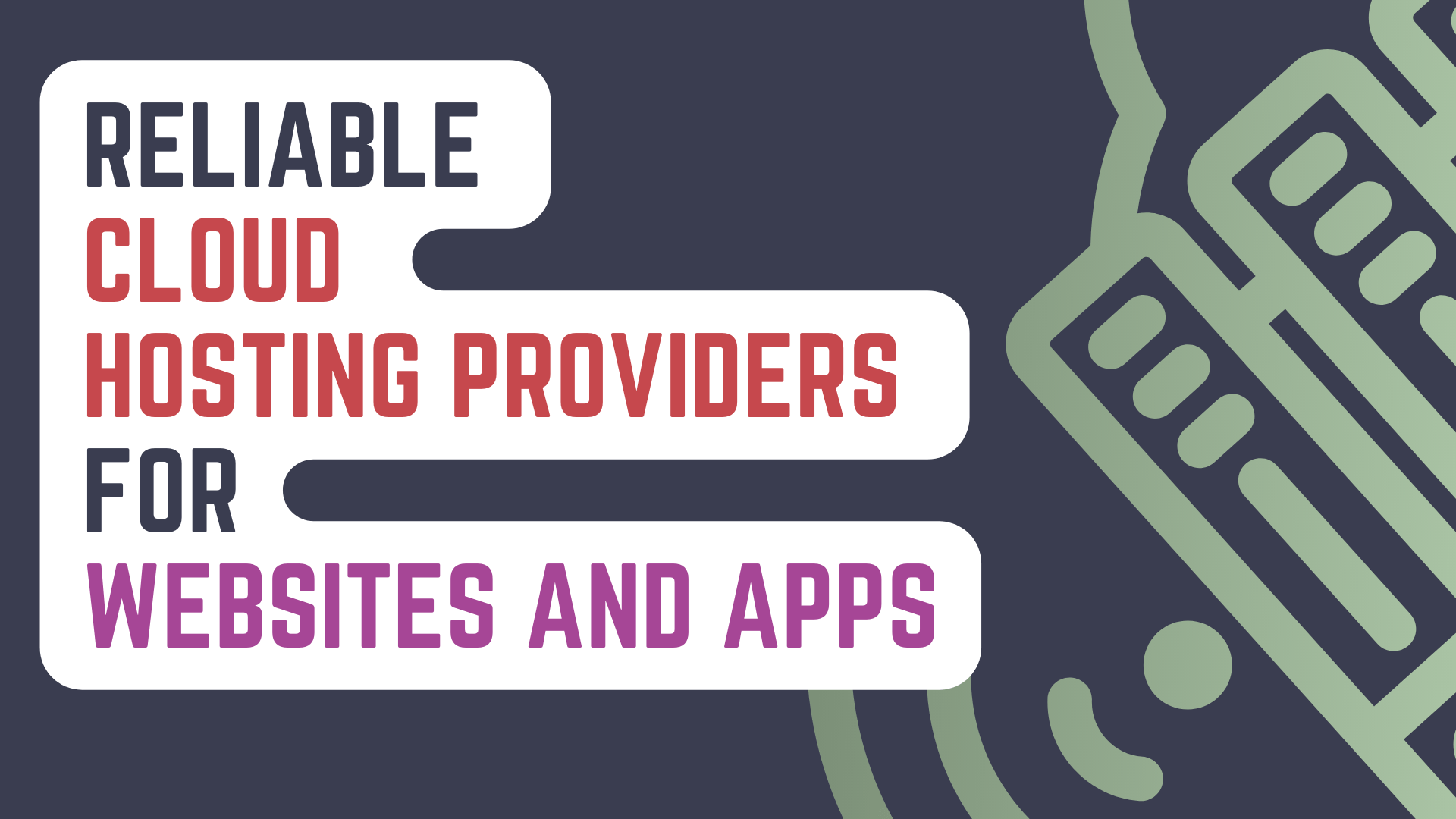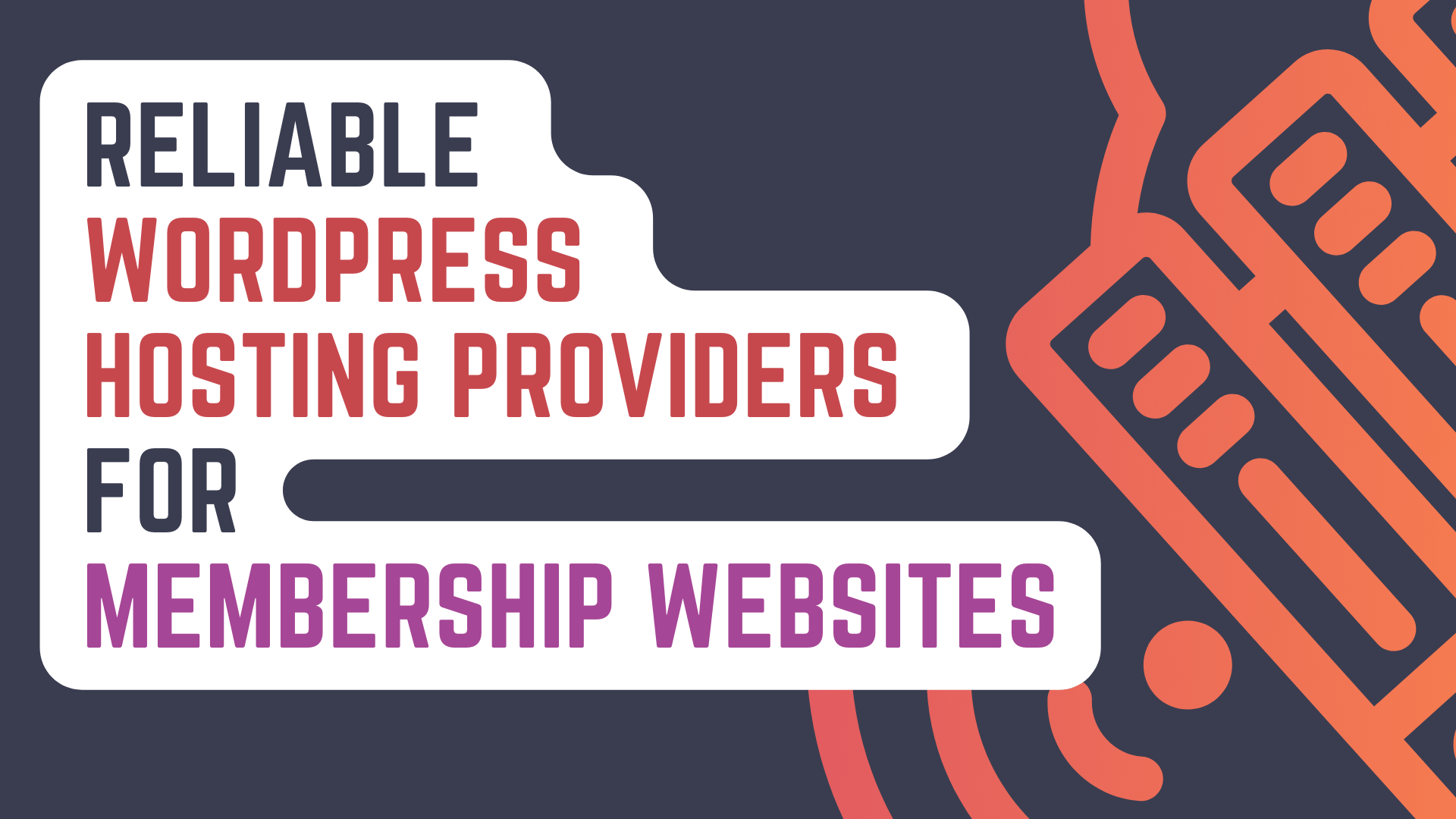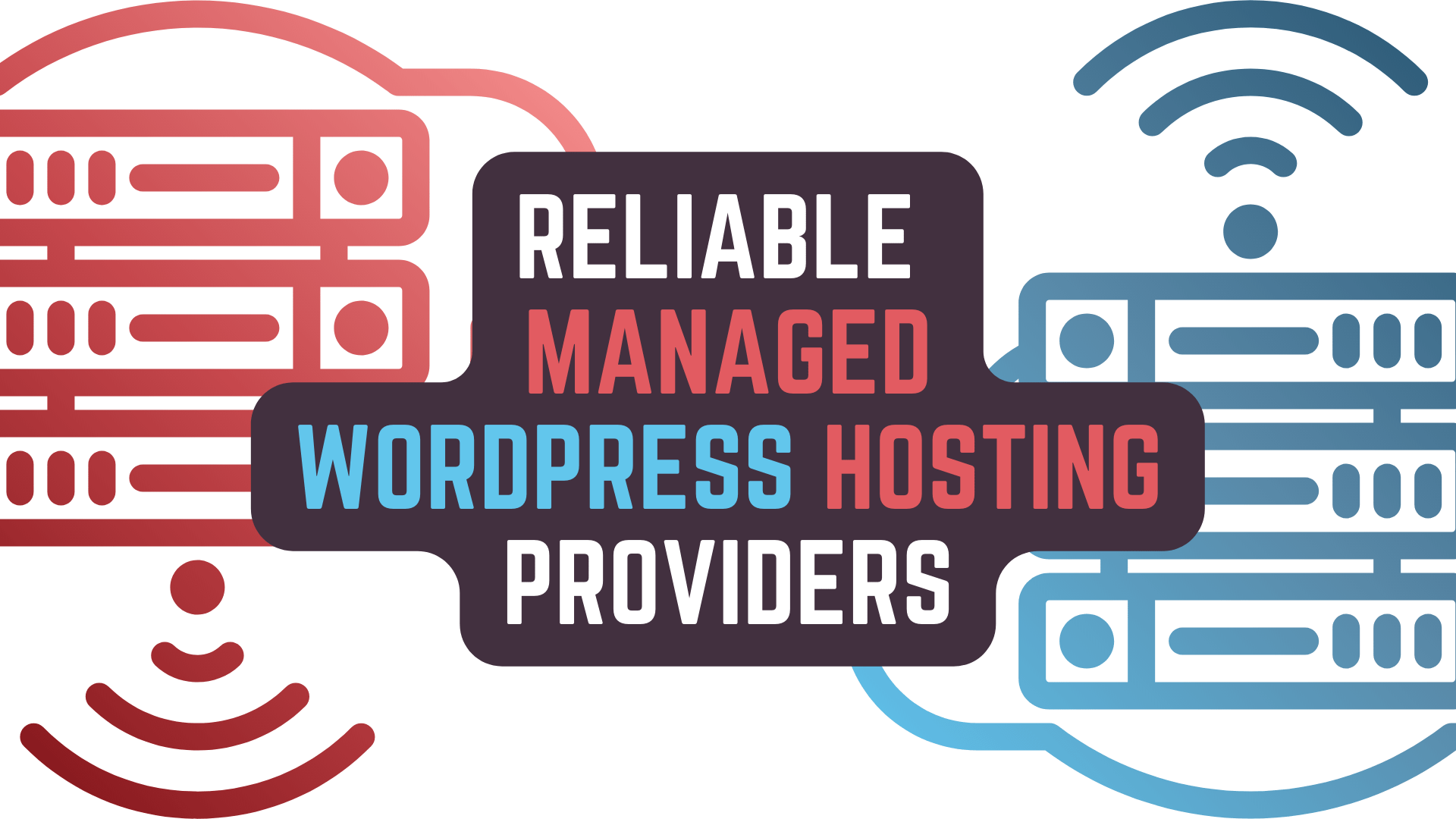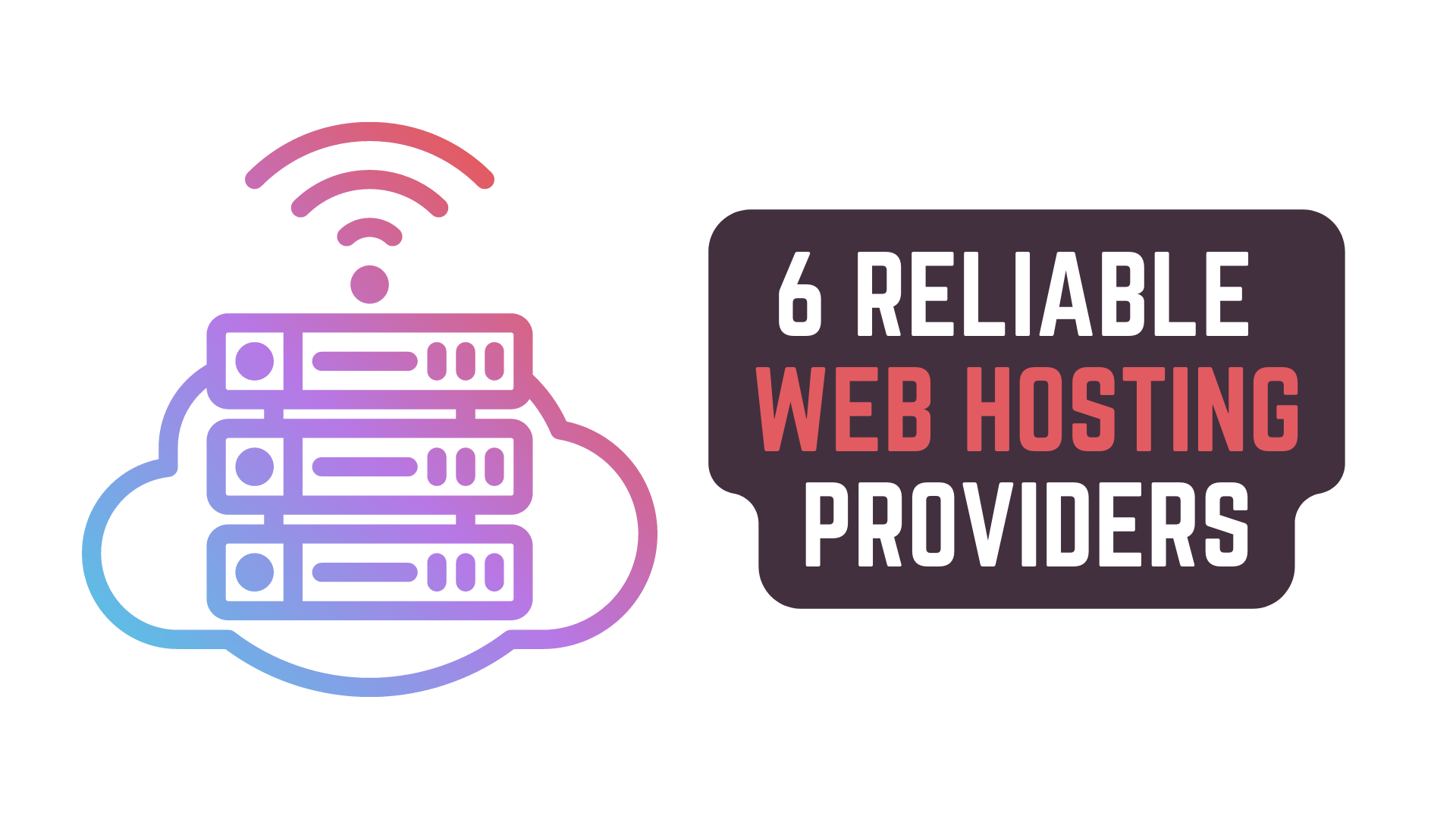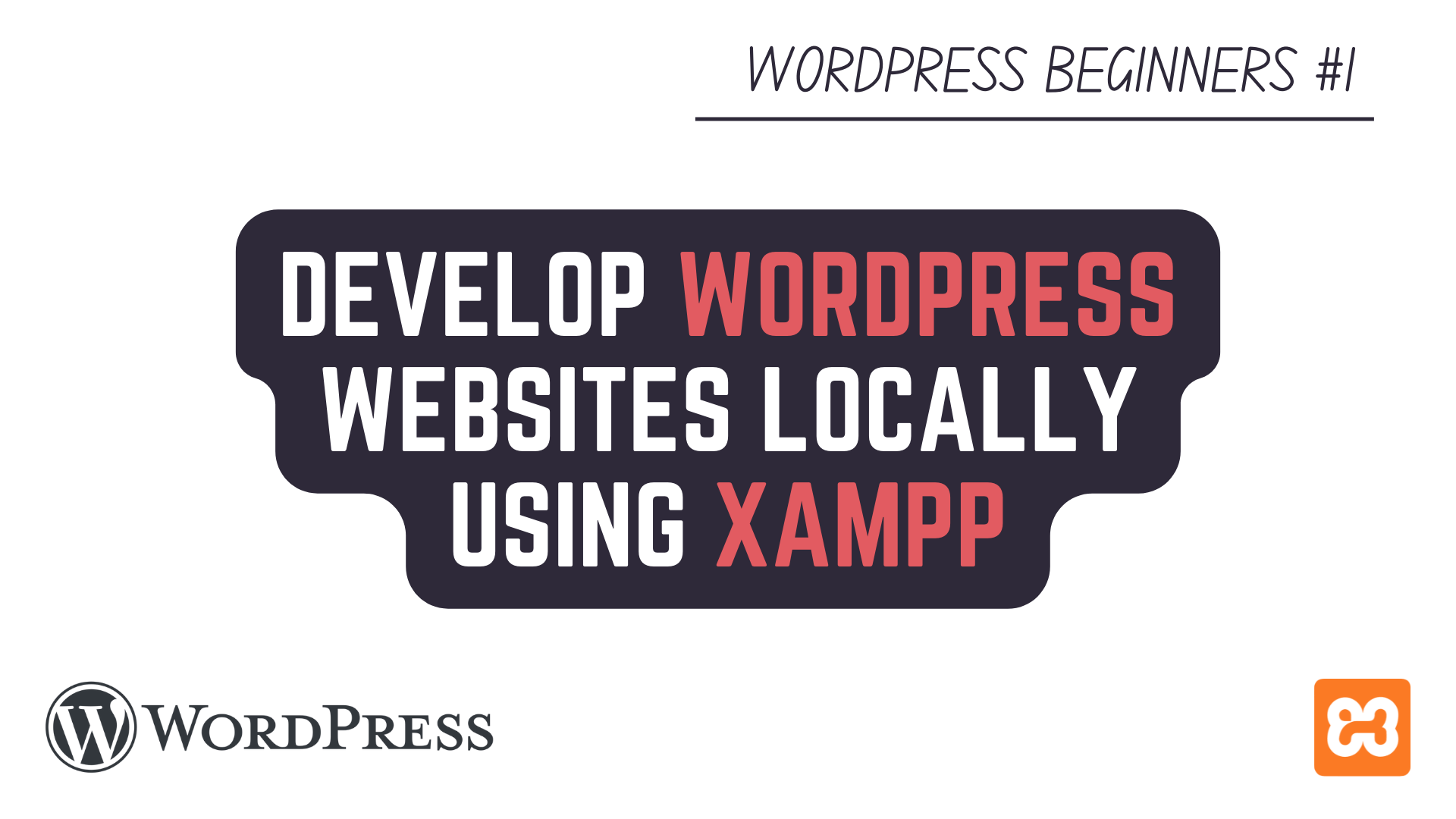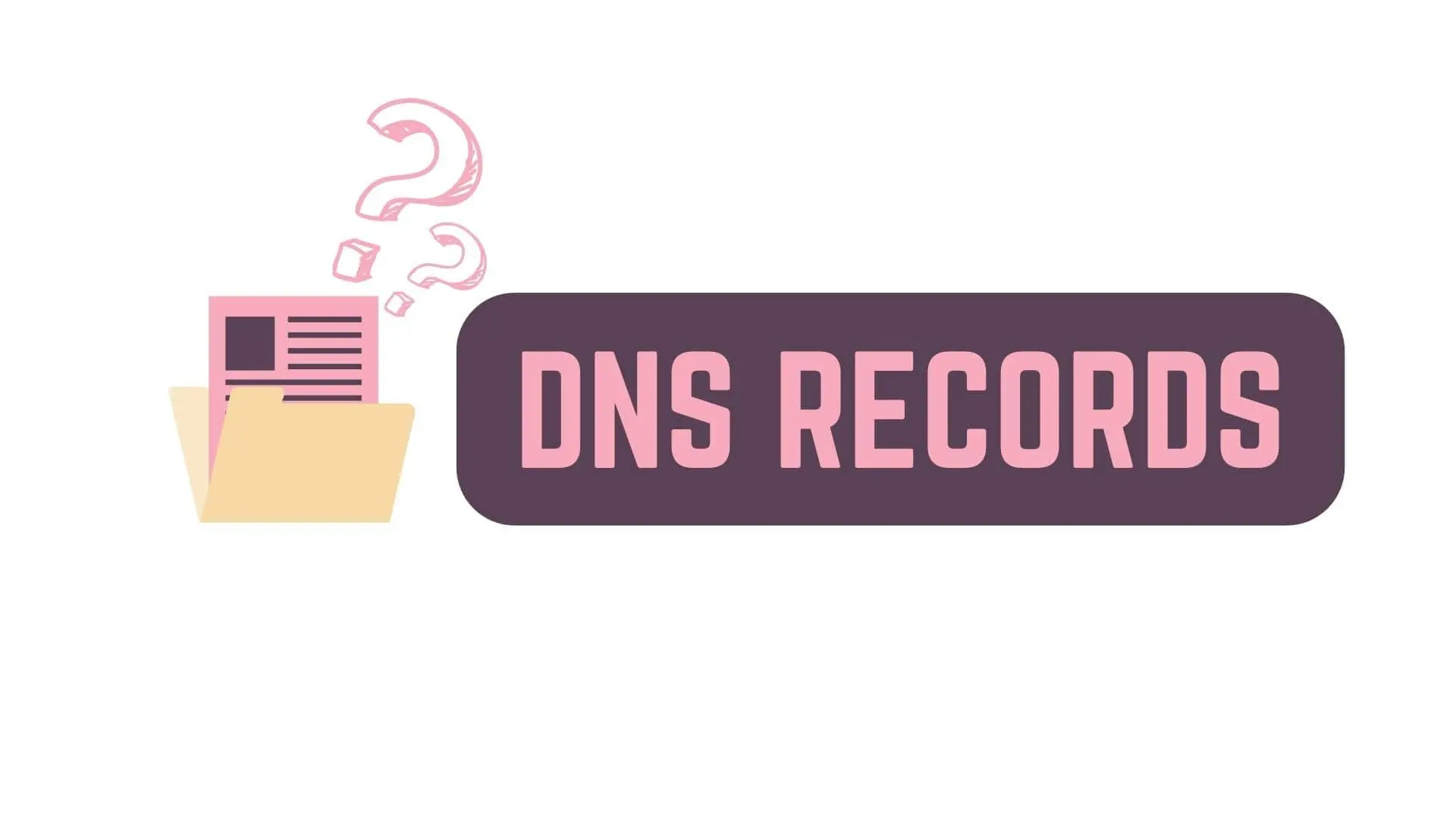Cloud Hosting vs Web Hosting is a difference that has confused a lot of people
since the rise in prominence of Cloud based Web Hosting Service Providers.
In this Article, we will be going over
- Fundamental Issue With Traditional Web Hosting
- Cloud Hosting As The Latest Solution To This Fundamental Issue
- Pros and Cons of Traditional Web Hosting and Cloud Hosting
- List of some prominent Web Hosting and Cloud Hosting Service Providers
and understanding the fundamental differences between Traditional Web Hosting and Cloud Hosting
So that you as Website or Business Owners can take a well thought out decision
on whether Traditional Web Hosting or Cloud Hosting suits the needs of your organization correctly.
So, without further ado, let’s get started!
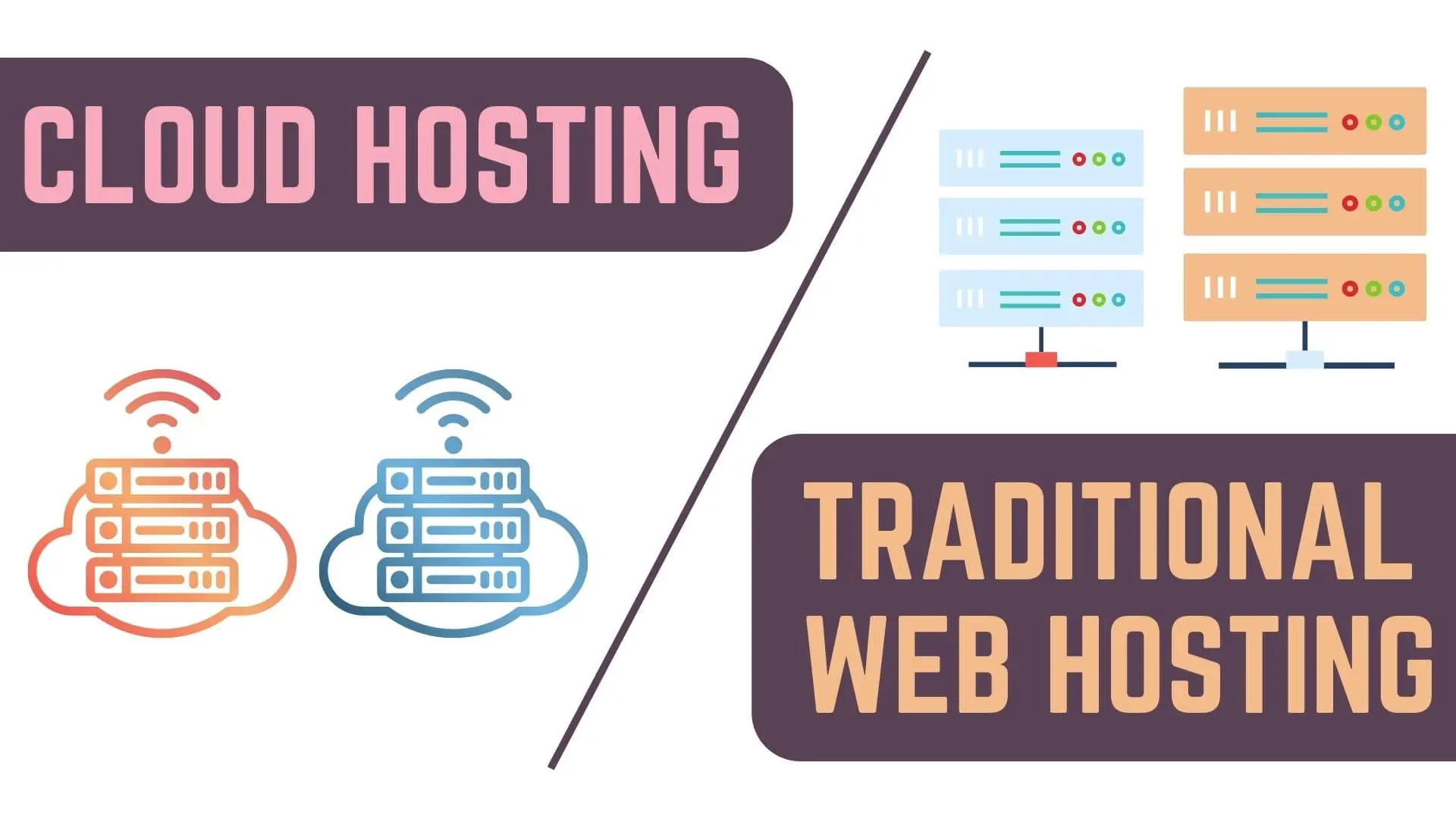
Fundamental Issue With Traditional Web Hosting
Cloud Hosting is the new fancy kid on the block and has been getting a lot of attention
as big name brands have been moving their own infrastructure to the Cloud from Traditional Web Hosting.
In Traditional Web Hosting, usually the Website or Web Application is being hosted in one of the 4 types of web hosting ways
- Self Hosting
- Shared Hosting
- VPS Hosting
- Dedicated Hosting
To learn more about each of these ways of Traditional Web Hosting
Take a look at this article on – Basics Of Web Servers | Self Hosted, Shared Hosted, Virtual Private, Dedicated Web Servers
With that being the case, all these 4 ways have one point in common between them
and that is – All these types of Web Hosting is done from a Single Server.
This means that, if something goes wrong on that particular server from which your website is being served,
or for instance, some sort of maintenance is being performed on it,
then your website will dark, not being able to be accessed by anyone across the internet.
Now, the thing is, if you were running a blog like I do,
it wouldn’t be a huge deal if a couple of minutes or hours go by
with the hosting service trying to find the issue and implement the appropriate solution.
But, if you were running critical infrastructure – like Finance, Banking
or if it’s just that your website has a lot of traffic – like Youtube, Twitter, News Websites, a Huge Blog, etc
or if your business runs completely through your website – like an E-Commerce Store
and it not being online will make you lose a lot of potential income,
then you can understand, how such an outage of service can lead to a
- Huge loss of potential revenue,
- Impact to brand image,
- A ton of angry customers,
- and much more.
So, to avoid such things from happening, businesses have been trying to find a way
and the latest solution to this is Cloud Hosting.
Cloud Hosting As The Latest Solution To This Fundamental Issue
The Way that Cloud Hosting fundamentally operates is different from Traditional Web Hosting
as instead of a Single Server hosting the website or web application
in Cloud Hosting, such Physical Servers which are located near or far from each other, go through the process of Virtualization
and are converted into a plethora of Virtual Servers which are interconnected with each other.
Because they are interconnected is such a way, Cloud Hosting is also know as Cluster Server Hosting.
Now, instead of putting all your data into a single place as is done with Traditional Web Hosting,
we have spread your data across a Virtual Network of multiple such Virtual Servers, which can be located across a wide geographical area.
What this does is, even if something is wrong or maintenance is being performed on one of such Physical Servers,
your website or web application will always be online and accessible across the internet,
making sure that you won’t miss out on potential revenue nor make your lovely customers angry.
Pros and Cons of Traditional Web Hosting and Cloud Hosting
Pros
Cloud Hosting – Reliability, Security, Scalability
Traditional Web Hosting – Cost, A Lot of Prepaid Options, Beginner Friendly
Cons
Cloud Hosting – Cost, Lack Of Prepaid Options, Methods Of Payment (Most Service Providers Will Need a Credit Card)
Traditional Web Hosting – Security, Scalability
List of some prominent Web Hosting and Cloud Hosting Service Providers
The list below only contains relatively easy to use solutions that will work even for non-technical people
and is in no particular order.
Conclusion
Well Folks! I hope that this information was helpful to you.
Have a Great Day and may you have a successful career, whatever it may be.
Share this post on Social Media platforms, if you think our content is great.
If you like the content and would like to follow us, we are present on the platforms below
Follow Us On Social Media
Goodbye For Now,
This is your host VP
Signing Off.
Articles In WordPress Tutorial For Beginners Series
Develop WordPress Websites locally on your computer using XAMPP Server Stack
Articles In Basics Of Internet Series
Basics Of Websites & How They Work
Basics Of Web Servers | Self Hosted, Shared Hosted, VPS, Dedicated Web Servers
Cloud Hosting Vs Traditional Web Hosting
Articles In Web Development Basics Series
Virtualization, Hypervisors & Virtual Machines (VM)
IP Address and DNS (Domain Name System)
DNS Records | A, AAAA, CNAME, MX, TXT, NS, SOA, SRV, PTR & CAA Records
Articles In Monetizing Websites Series
Understanding Audience Intent Of Your Blog Traffic
Building a Monetization Strategy (Not Uploaded)
Digital Marketing Revenue Models – CPM, CPC, CPA, CPL & CPI
Affiliate Marketing & Monetizing Your Blog Using It. (Not Uploaded)
How is your Ad Inventory Auctioned (Not Uploaded)
Affiliate Marketing and Why it Works. (Not Uploaded)
